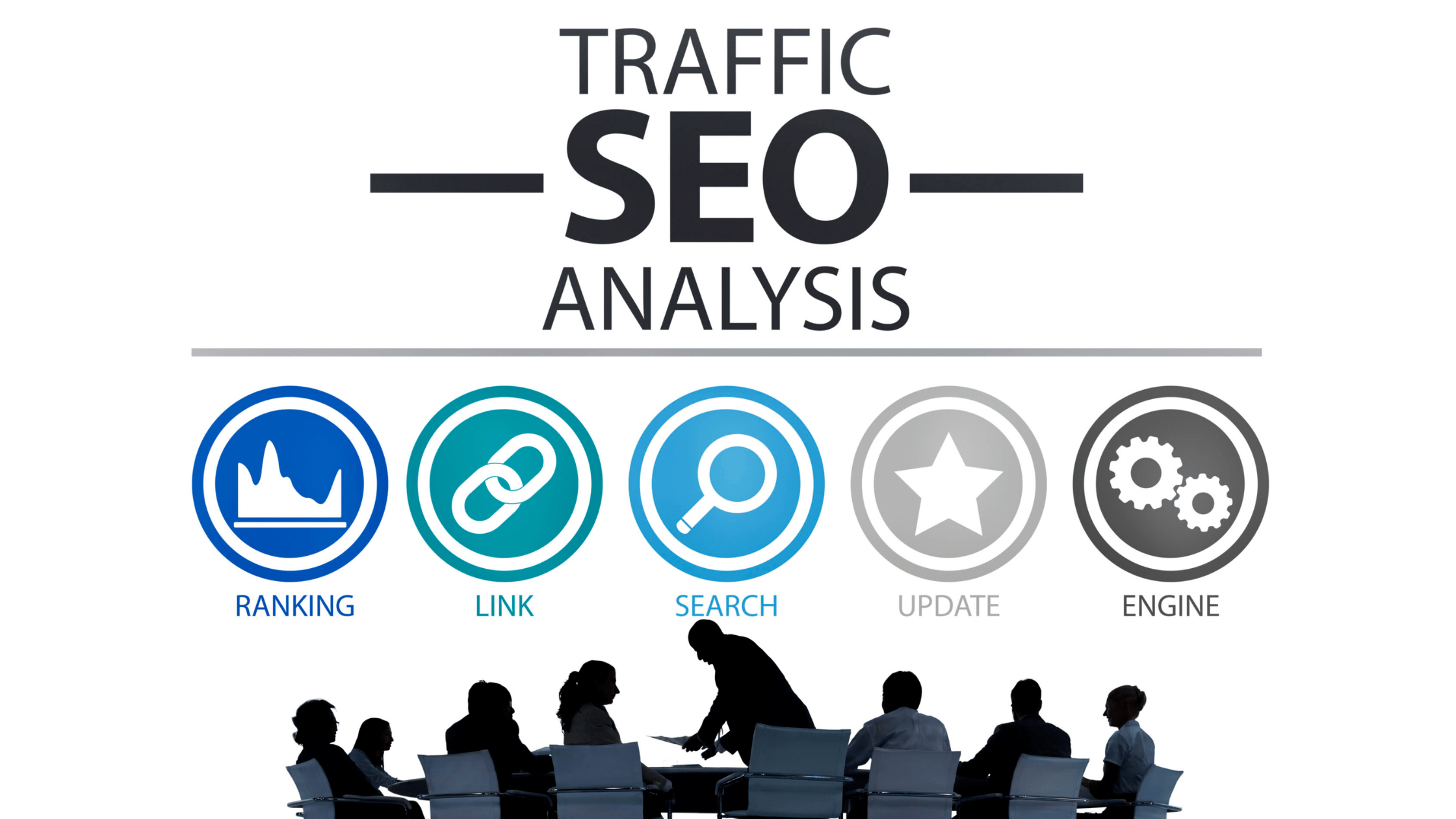Introduction
Digital marketing in Nepal is rapidly evolving as businesses and consumers increasingly embrace online platforms. With growing internet penetration and smartphone usage. The importance of digital marketing to reach a wider audience and enhance their brand presence. Key strategies include social media marketing, which leverages platforms like Facebook, Instagram, and TikTok to engage with customers and promote products and services. Search engine optimization is also critical, helping businesses improve their visibility on search engines like Google. Additionally, email marketing, content marketing, and pay-per-click advertising are becoming popular methods to attract and retain customers.

Digital Course in Nepal
Digital marketing courses in Nepal offer comprehensive training on various aspects of online marketing, including SEO, social media marketing, PPC, email marketing, and content marketing. These courses are designed to equip students and professionals with the skills needed to thrive in the digital marketing landscape, often featuring practical exercises, real-world case studies, and industry certifications.
What is SEO in Digital Marketing ?
SEO (Search Engine Optimization) is a key component of digital marketing that focuses on optimizing a website to rank higher in search engine results pages (SERPs). This involves techniques such as keyword research, on-page optimization, creating quality content, and building backlinks, all aimed at increasing organic traffic to the site.
What is Digital Marketing in Nepal ?
Digital marketing in Nepal encompasses all online marketing efforts to promote products and services. With increasing internet penetration and smartphone usage, businesses in Nepal use various digital channels like social media, search engines, email, and websites to reach and engage with their target audience.
Digital Marketing Agency in Nepal
A digital marketing agency in Nepal provides specialized services to help businesses improve their online presence and marketing efforts. These agencies offer a range of services including SEO, social media management, content creation, PPC advertising, and email marketing, tailored to meet the unique needs of their clients.
Digital Training in Nepal
Digital marketing training in Nepal aims to develop proficient digital marketers through courses that cover essential skills and tools. These training programs, often offered by institutes, online platforms, or professional trainers, include modules on SEO, social media, PPC, email marketing, and analytics.
Trends in Marketing 2024
In 2023, digital marketing trends include the rise of AI and machine learning in marketing automation, increased use of video content and live streaming, personalization and targeted advertising, the growing importance of privacy and data security, and the integration of augmented reality (AR) and virtual reality (VR) in marketing strategies.
Jobs in International
Digital marketing jobs are diverse, ranging from roles such as SEO specialists, content creators, social media managers, PPC experts, email marketers, and digital marketing strategists. These roles involve developing and executing online marketing strategies to drive engagement, traffic, and sales for businesses.
What is Freelance Digital Marketing ?
Freelance digital marketing involves independent professionals offering digital marketing services on a project or contract basis. Freelancers typically work remotely and provide services such as SEO, content creation, social media management, and online advertising to various clients.
What is the Digital Marketing Strategy that Tracks Users Across the Web?
The digital marketing strategy that tracks users across the web is known as retargeting or remarketing. This strategy involves using cookies to track visitors who have previously interacted with a website and then serving them targeted ads as they browse other sites on the web.
How to Get into Digital Marketing ?
To get into digital marketing, start by learning the basics through online courses, certifications, or formal education. Gain practical experience through internships, freelance projects, or personal projects. Networking and staying updated with industry trends also help in building a successful career in digital marketing.
How to Start Digital Marketing ?
Starting in digital marketing involves understanding the core concepts and channels, such as SEO, social media, PPC, email marketing, and content creation. Begin by learning through online resources, courses, and tutorials. Practice by working on real projects, either for yourself or as an intern or freelancer.
How Does Having a Budget Help You Avoid the Traps ?
Having a budget in digital marketing helps you allocate resources effectively, prioritize spending on high-impact activities, and avoid overspending on less effective strategies. It ensures that you invest in the right tools and campaigns, track ROI, and make data-driven decisions to optimize your marketing efforts.
How to Start a Digital Marketing Company ?
Starting a digital marketing company involves researching the market, defining your niche, and developing a business plan. Set up a professional website, establish a portfolio of services. Start networking to build client relationships. Focus on delivering measurable results to build credibility and grow your client base.
How to Learn Digital Marketing ?
To learn digital marketing, start with online courses. Certifications from platforms like Google, HubSpot, and Coursera. Follow industry blogs, join online communities, and attend conferences. Practice by working on personal or freelance projects, to gain hands-on experience and develop your skills.
In today’s fast-paced digital landscape, marketing trends are constantly evolving, and businesses must stay ahead of the curve to remain competitive. However, despite the increasing reliance on technology and data, the most successful digital marketing strategies are those that maintain a strong focus on human connection. Let’s explore the positive trends in digital marketing that are shaping the world, with an emphasis on a human-centered approach.
Personalized Marketing with a Human Touch
As consumers grow more accustomed to tailored experiences, personalization has become a crucial element of digital marketing. However, this trend is evolving beyond merely using data to address consumers by their names in emails. True personalization now involves delivering content that resonates with individual values, interests, and emotions.
Why it matters:
- Enhanced Engagement: Personalized marketing campaigns that address the unique preferences of consumers foster deeper emotional connections, leading to higher engagement.
- Building Relationships: By creating content that genuinely speaks to the needs and aspirations of the audience, brands can build lasting relationships.
Positive examples:
Custom Content Recommendations: Brands can offer personalized recommendations based on past behavior, making users feel understood and valued.
Empathy-Driven Campaigns: Companies like Dove’s “Real Beauty” campaign focus on emotional storytelling, connecting with consumers on a personal and human level.
The Rise of Interactive and Immersive Content
Incorporating interactive and immersive content such as quizzes, polls, 360-degree videos, and augmented reality (AR) into marketing campaigns allows brands to engage with their audience in a more dynamic way. These experiences create memorable, meaningful interactions that can drive customer loyalty.
Why it matters:
- Human Engagement: Interactive content invites users to participate, allowing them to feel more involved in the brand’s story. This deepens the connection between the brand and its audience.
- Memorable Experiences: Immersive experiences, such as virtual tours or AR filters, make brand interactions more memorable and impactful.
Positive examples:
- AR in E-Commerce: Furniture brands like IKEA use AR apps to allow customers to visualize products in their homes, improving the shopping experience.
- Interactive Social Media Stories: Platforms like Instagram allow brands to use polls, questions, and interactive stickers to engage their audience in real-time.
Conversational Marketing with AI and Chatbots
Conversational marketing, which uses AI-driven chatbots and messaging apps, is becoming increasingly common as a way to provide instant responses to customer inquiries. While AI plays a major role in scaling these efforts, the focus remains on delivering personalized, human-like interactions.
Why it matters:
- 24/7 Support with a Human Approach: AI chatbots are available round the clock, providing customers with fast responses. When done well, these interactions feel personal, providing help when needed without seeming mechanical.
- Efficient Customer Journey: By using AI to handle simple tasks, brands can ensure their human teams focus on more complex inquiries, providing a more empathetic and helpful experience.
Positive examples:
- AI with a Personal Touch: Brands like Sephora use chatbots for personalized beauty recommendations, making the experience feel custom and engaging.
- Human-Centric Messaging: Even automated responses are crafted to sound conversational and empathetic, maintaining a positive brand impression.
Sustainability and Purpose-Driven Marketing
Modern consumers, particularly younger generations, increasingly prioritize brands that align with their personal values, particularly in terms of social responsibility and environmental impact. Purpose-driven marketing focuses on highlighting a brand’s ethical practices and commitment to positive change, which helps build trust and loyalty.
Why it matters:
- Connection Through Values: Brands that demonstrate genuine care for the environment and social issues create deeper connections with consumers who share those concerns.
- Positive Influence: This trend not only drives consumer loyalty but also encourages businesses to adopt more responsible and sustainable practices.
Positive examples:
- Patagonia: The outdoor clothing company has built its entire brand around environmental activism, which resonates deeply with its customer base.
- Ben & Jerry’s: This ice cream brand uses its platform to address social justice issues, creating an emotional bond with consumers who support these causes.
Humanizing Data-Driven Marketing
While data is crucial for understanding customer behavior and improving campaign performance, humanizing how this data is used is becoming increasingly important. Marketers are now focusing on using data to better understand human needs and deliver authentic content that resonates emotionally.
Why it matters:
- Beyond Numbers: Instead of treating customers as mere data points, marketers are using insights to deliver content that addresses real human challenges, emotions, and aspirations.
- Data Privacy with Transparency: With growing concerns over data privacy, brands that are transparent about how they collect and use data can build trust and foster positive relationships with their audience.
Positive examples:
- Spotify’s Data-Driven Campaigns: Spotify uses user data to create fun, personalized end-of-year playlists for listeners, adding a human element to data-based marketing.
- Transparency in Data Use: Brands that are clear about their data practices and seek consent from users enhance trust and build a loyal customer base.
Embracing Influencer Partnerships with Authenticity
Influencer marketing continues to grow, but the trend is shifting towards authenticity over reach. Micro-influencers, who have smaller but highly engaged audiences, are now more appealing to brands as they offer a more personal, relatable approach to product recommendations.
Why it matters:
- Authentic Storytelling: Consumers trust influencers who are genuine and share authentic experiences rather than those who simply promote products for the sake of it.
- Deeper Engagement: Micro-influencers often have stronger connections with their followers, resulting in higher engagement and more meaningful conversations about a brand.
Positive examples:
- Collaborating with Local Influencers: Small businesses are increasingly working with local influencers who have personal relationships with their community, leading to more organic and impactful content.
- Genuine Product Endorsements: Brands focusing on long-term partnerships with influencers create content that feels more like a natural fit, strengthening trust.
Video Content Dominance with Storytelling Focus
Video marketing continues to dominate digital spaces, with platforms like YouTube, TikTok, and Instagram Reels leading the charge. The most successful video content doesn’t just inform but tells a compelling story that appeals to the emotions of the audience.
Why it matters:
Emotional Connection: Videos that tell a story, whether it’s a product journey or customer testimonial, create a deeper emotional impact, making them more memorable.
Accessible Storytelling: With short-form videos growing in popularity, brands can quickly convey their message and evoke an emotional response in under a minute.
Positive examples:
- Short-Form Video Success: Brands using platforms like TikTok to create entertaining, relatable content can quickly build an emotional connection with younger audiences.
- Customer Testimonial Videos: Real-life customer stories are increasingly being used to humanize the brand and create a stronger connection with potential buyers.
Social Responsibility and Inclusivity in Marketing
Consumers expect brands to reflect the diversity of the real world and address issues of inclusivity and representation in their marketing. Brands that highlight diversity and support social responsibility can create positive emotional connections with their audience.
Why it matters:
- Human-Centered Campaigns: Marketing that showcases diverse cultures, identities, and communities fosters inclusivity, creating a deeper connection with a broader audience.
- Positive Impact: Highlighting diversity not only reflects real-world values but also inspires change by promoting social responsibility and equality.
- Positive examples:
- Inclusive Campaigns: Brands like Nike and Adidas have run successful campaigns that celebrate diversity and inclusivity, promoting social change and connecting with a wide audience.
- Supporting Social Causes: Brands like TOMS and Warby Parker are known for their buy-one-give-one models, aligning their business with positive social causes.
Conclusion
Digital marketing trends are becoming increasingly centered around authenticity, human connection, and social responsibility. By combining the latest technology with a positive, human-focused approach, brands can build meaningful relationships with their audience, foster loyalty, and create lasting emotional impact. In a world where consumers seek genuine, purpose-driven brands, focusing on humanity in marketing is the key to long-term success.
Negative Trends Affecting Trust and Experience
While digital marketing offers numerous opportunities for growth, some trends have led to negative outcomes. Over-personalization, for instance, can invade user privacy, creating a “creepy” feeling as consumers notice overly targeted ads, raising concerns about how their data is collected and used. Similarly, the rise of clickbait and misleading content damages user trust by failing to deliver on exaggerated headlines, leading to frustration and higher bounce rates. Another issue is the overuse of intrusive pop-up ads and auto-play videos, which disrupt user experience and often result in negative perceptions of the brand. Finally, influencer marketing, when misused, can feel inauthentic, especially when influencers promote products they don’t genuinely support, leading to consumer skepticism. These trends highlight the need for brands to adopt more ethical, transparent, and user-friendly approaches in digital marketing.






